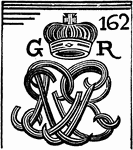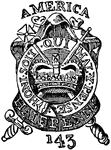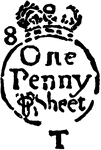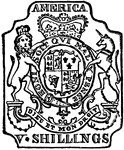Clipart tagged: ‘Stamp Act’
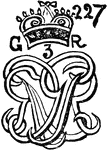
Stamp Act
"Stamp from the Stamp Act. The first direct issue of importance between the colonies and England came…
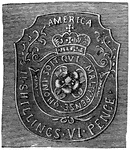
Stamp Act
"Stamp from the Stamp Act. The first direct issue of importance between the colonies and England came…
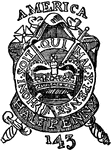
A Stamp of 1765
A stamp used after the Stamp Act of 1765 was passed. The stamp was required to be purchased and placed…

